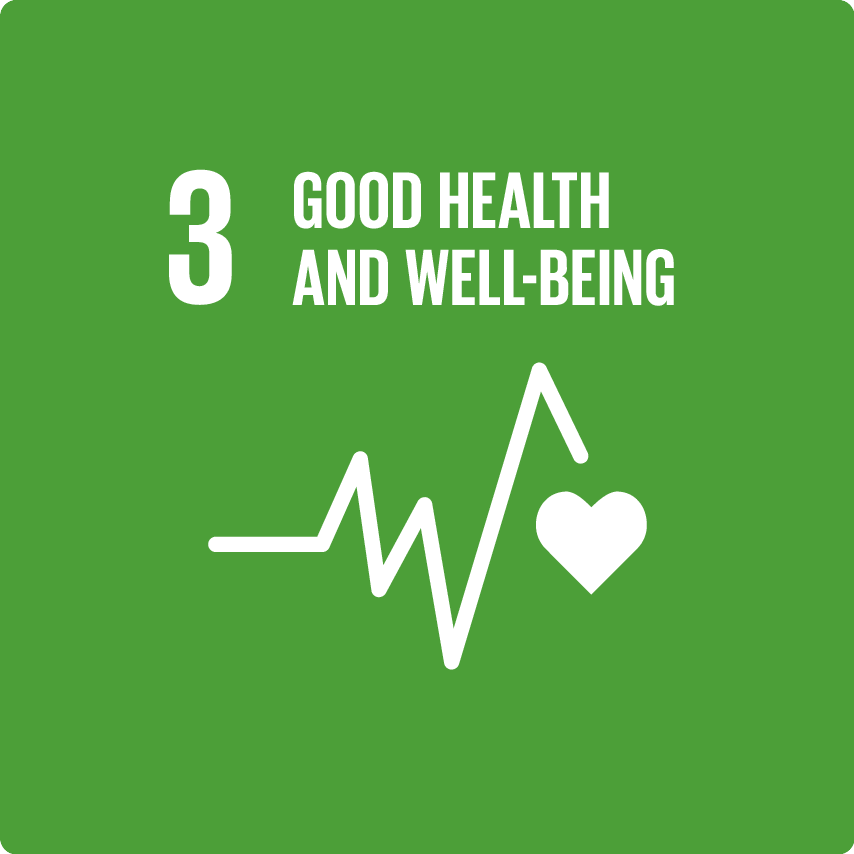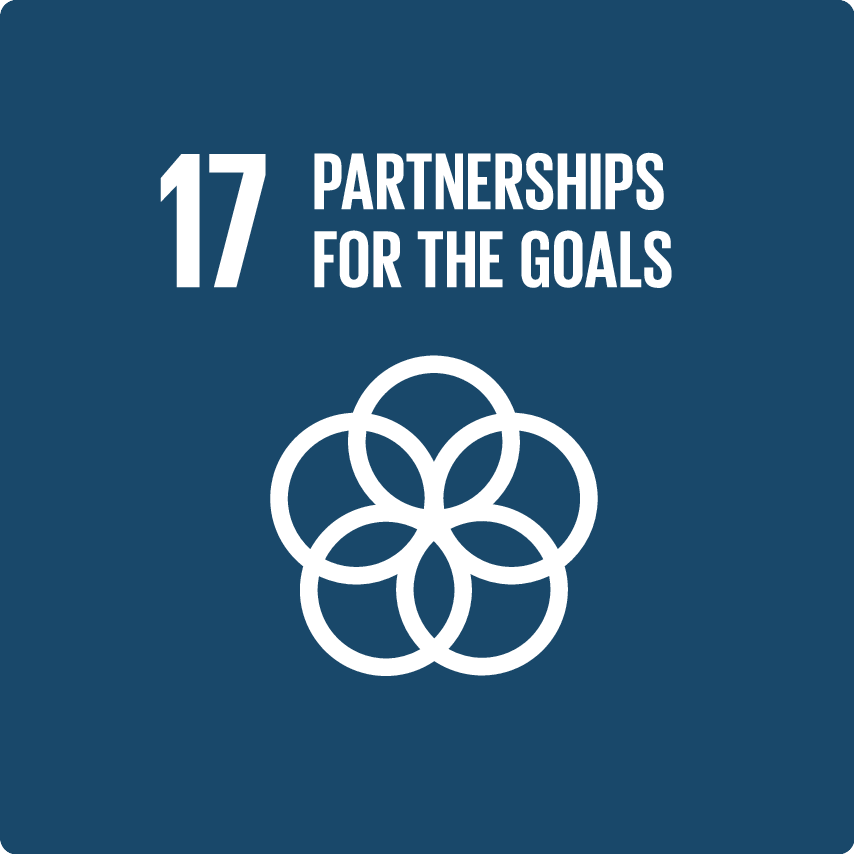Medicines for Malaria Venture (MMV)
Reducing the burden of malaria in disease-endemic countries by working with partners to discover, develop and facilitate delivery of new, effective and affordable antimalarial drugs.
SEE ALL PARTNER ORGANIZATIONS
Objectives
The mission of Medicines for Malaria Venture (MMV) is to reduce the burden of malaria in disease-endemic countries by working with partners to discover, develop and facilitate delivery of new, effective and affordable antimalarial drugs.
MMV seeks to maximise the impact of medicines for malaria control and elimination by focusing on three strategic areas of activity:
- Facilitating equitable access to quality antimalarials to maximise the use and health impact of existing products (near-term).
- Developing better medicines for case management, including patient-adapted new combinations to overcome drug resistance, to facilitate deployment of shorter treatment courses and to protect vulnerable populations like children and pregnant women (medium-term).
- Bringing forward new tools for resistance and elimination to help countries reduce transmission and ultimately become malaria free (long-term).
Medicines for Malaria Venture (MMV) is a product development partnership (PDP) in antimalarial drug research, launched in November 1999 with initial seed finance of US$4 million from the Government of Switzerland, UK Department for International Development, the Government of the Netherlands, The World Bank and Rockefeller Foundation.
MMV has an extensive network of over 400 pharmaceutical, academic and endemic-country partners in more than 55 countries. MMV and partners manage a portfolio of over 65 projects, the largest portfolio of antimalarial R&D and access projects ever assembled. The portfolio includes ten compounds in clinical development addressing unmet medical needs in malaria, including medicines for children, pregnant women and relapsing malaria, and drugs that could support the elimination/eradication agenda.
MMV leverages the facilities, knowledge and expertise of the pharmaceutical and biotechnology industries, drawing on their valuable experience and resources at every stage of the drug development process. This could include gaining access to novel and proprietary compound libraries to boost the diversity of candidate drugs in discovery research or benefiting from industry experience in manufacturing and distribution in preparation for the launch of products.
MMV receives funding and support from government agencies, private foundations, international organisations, corporate foundations and private individuals. These funds are used to finance MMV’s portfolio of research and development (R&D) projects to develop new, effective and affordable medicines for the treatment and prevention of malaria. They also support specific, targeted access and product management interventions to help ensure that vulnerable populations in malaria-endemic countries can access new malaria medicines.
GSK activities:
GSK and MMV have worked together to establish a joint preclinical portfolio of antimalarial assets. As compounds move into clinical development, GSK provides clinical, regulatory and manufacturing expertise and resources via its global R&D and supply network. In 2008, GSK and MMV announced a collaboration to identify novel drugs for the treatment of malaria. In 2018, GSK and MMV announced the US FDA and later the Australian TGA approval of tafenoquine, a single-dose radical cure (prevention of relapse) of P. vivax malaria in patients aged 16 and over. This is the first new treatment for this type of relapsing malaria in over 60 years and marks a major contribution towards efforts to eliminate the disease. Together, and with our partner on diagnostic development PATH, we aim to provide the treatment at an affordable price in malaria endemic countries, with an appropriate complementary diagnostic test. Because a significant part of the global burden of P. vivax malaria is in children, we are also studying the use of tafenoquine in young patients. The tafenoquine clinical programme is part of GSK’s global health programme aimed at improving healthcare for vulnerable populations.
Merck activities:
In April 2013, Merck’s biopharmaceutical division, Merck Serono, signed a partnership with MMV. Together, MMV and Merck work to develop new long lasting anti-malarial compounds through current lead optimization programs, contributing to global efforts to find new therapies to fight re-emergence of drug resistance to currently available malarials. A first program has already been evaluated by the External Scientific Advisory Committee (ESAC) of MMV and has obtained full support for further development.
Novartis activities:
In 2009, Novartis and MMV introduced Coartem® Dispersible, the first artemisinin-based combination (ACT) formulation developed for children with malaria. The medicine contains the same concentration of active ingredients as the regular tablet, but in a dispersible formulation that is easier to give to babies and children, which helps to ensure that this population receives the correct dose. The sweet-tasting formulation dissolves quickly in small amounts of water, which enhances its use in young children.
Novartis is working with MMV to help to prevent, treat and block the spread of malaria by developing new classes of drugs that attack both liver and blood stages.
KAF156 (ganaplacide) belongs to a novel class of antimalarial compounds that act against both the blood and liver stages of the parasite’s lifecycle. It demonstrated activity against both vivax and falciparum malaria, including artemisinin-resistant parasites. It is being developed as a combination with a new formulation of lumefantrine. This combination has the potential not only to clear malaria infection, but also to block the transmission of the malaria parasite.
In November 2022, Novartis and MMV announced the decision to progress the combination into Phase 3 development in 2023. The Phase 3 trial will be conducted in collaboration with the WANECAM 2 consortium, and will include partner clinical sites in Burkina Faso, Mali, Gabon and Niger as well as other sites in sub-Saharan Africa. Novartis leads the development of this compound with scientific and financial support from MMV in collaboration with the Bill & Melinda Gates Foundation.
KAE609 (cipargamin) is another novel antimalarial development program led by Novartis. It was discovered through a joint research program with the Novartis Institute for Tropical Diseases, Novartis Natural Products Research Group, the Genomics Institute of the Novartis Research Foundation, and the Swiss Tropical and Public Health Institute. Research was supported by Wellcome, the Singapore Economic Development Board, and MMV.
KAE609 belongs to the spiroindolone class and has a novel mechanism of action (PfATP4 inhibitor) that has demonstrated extremely rapid clearance of parasites pre-clinically and in patients. It is being developed for the treatment of severe malaria. It is currently in a Phase 2 clinical study conducted as part of the PAMAfrica research consortium led by MMV. Novartis leads the development of cipargamin with financial support from Wellcome.
INE963 is another novel malaria therapy discovered by Novartis. This fast acting long-lasting antimalarial has an entirely new mechanism of action. It is being developed in collaboration with MMV and received the organization’s “Project of the Year” award in 2020.
In 2024, Novartis and MMV announced positive efficacy and safety data for a novel treatment for babies <5 kg with malaria. The phase II/III CALINA study tested a new ratio and dose of Coartem (artemether-lumefantrine) to account for metabolic differences in babies under 5 kg. The study indicated that the new formulation has the required pharmacokinetic profile and good efficacy and safety, and the data have been submitted for regulatory review. The CALINA study was led by Novartis, with the scientific and financial support of MMV, and as part of the PAMAfrica consortium, which is funded by the European & Developing Countries Clinical Trials Partnership (EDCTP2).
Sanofi activities:
In 2008, MMV signed a MoU with Sanofi for discovery work, including early-stage molecule testing, and screening, plus clinical development of ferroquine, SAR97276 and trioxaquine. Starting in 2009, MMV contributed to the DNDi and Sanofi ‘ASAQ field monitoring program’ in Côte d’Ivoire. With approximately 15,000 patients, this is the largest study ever done on an antimalarial and should help African experts and government bodies to develop innovative pharmacovigilance methods in ‘real life’ conditions. In 2011 Sanofi and MMV announced a three-year agreement to research malaria treatments titled “Orthology Malaria”. As part of the agreement, both parties will work together to identify, characterize and optimize new candidate compounds to treat malaria and conduct early development programs to demonstrate proof of concept in men.
Takeda activities:
In June 2013, with support from the GHIT Fund, Takeda began to work with MMV, in a program to screen Takeda’s drug compound library for new candidate compounds that might have the potential to be developed into new drugs for the treatment of malaria.
Results and milestones
Since its foundation in 1999, MMV and partners have developed and brought forward ten new medicines; these include:
- Krintafel/Kozenis* (tafenoquine), a single-dose anti-relapse treatment for P.vivax malaria developed with GSK
- Pyramax® and Pyramax® Granules for children (pyronaridine-artesunate) for uncomplicated malaria, with Shin Poong
- Eurartesim® (dihydroartemisinin-piperaquine) with Sigma-Tau
- the first high-quality child-friendly formulation Coartem® Dispersible (artemether-lumefantrine) with Novartis.
The further five products have been brought forward by providing significant support to attain WHO prequalification. These includes two injectable artesunate products for the treatment of severe malaria, Artesun® from Guilin and Larinate 60 from Ipca Laboratories, as well as sulfadoxine–pyrimethamine + artesunate amodiaquine (SP+AQ) for seasonal malaria chemoprevention from Guilin and two rectal artesunate (RAS) products for the pre-referral management of severe malaria from Cipla and Strides Pharma.
In addition, MMV has taken over the stewardship of two other medicines for uncomplicated malaria developed by Drugs for Neglected Diseases initiative (DNDi) and partners – ASAQ Winthrop® (artesunate-amodiaquine) and ASMQ (artesunate-mefloquine).
Since 2009, over 350 million courses of Coartem Dispersible treatment have been supplied to 50 malaria-endemic countries; and since prequalification in 2010, an estimated 127 million vials of Artesun have been delivered, saving 800,000 additional lives. In total, an estimated 1.9 million lives have been saved by MMV co-developed drugs.
Geographic Reach
- Global Commitment
Disease Area
- Infectious and Parasitic Disease
Target Population
- Children
- People with low incomes
- Marginalized/indigenous people
Partner organizations
Singapore Economic Development Board
Global Health Innovative Technology (GHIT) Fund
Medicines for Malaria Venture (MMV)
PATH
Drugs for Neglected Diseases initiative (DNDi)
Wellcome Trust
Bill and Melinda Gates Foundation
European and Developing Countries Clinical Trials Partnership Programme (EDCTP)
Additional resources
Geographic Reach
Global Commitment
Disease Area
Infectious and Parasitic Disease
- Malaria

